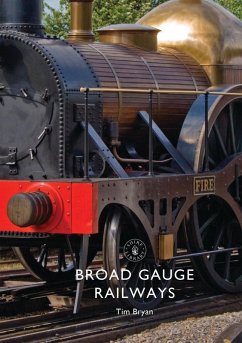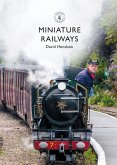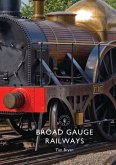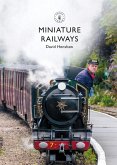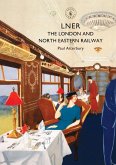Isambard Kingdom Brunel considered the Great Western Railway the 'finest work in England' and he contributed many groundbreaking features, none so unorthodox as the decision not to adopt the 'standard' track gauge of 4ft 8¿in and instead introduce the new 'broad gauge' of 7ft ¿in. Describing the rationale behind the choice of broad gauge, and also the unique track and locomotives used, this beautifully illustrated introduction to broad gauge railways chronicles the building of the original GWR between Bristol and London, and the expansion of that original 112-mile main line into a network stretching across the West of England, Wales and the Midlands. It describes how the clash between broad and narrow led to the 'Battle of the Gauges' and also provides a list of places to visit where broad gauge artefacts still survive.
Bitte wählen Sie Ihr Anliegen aus.
Rechnungen
Retourenschein anfordern
Bestellstatus
Storno

